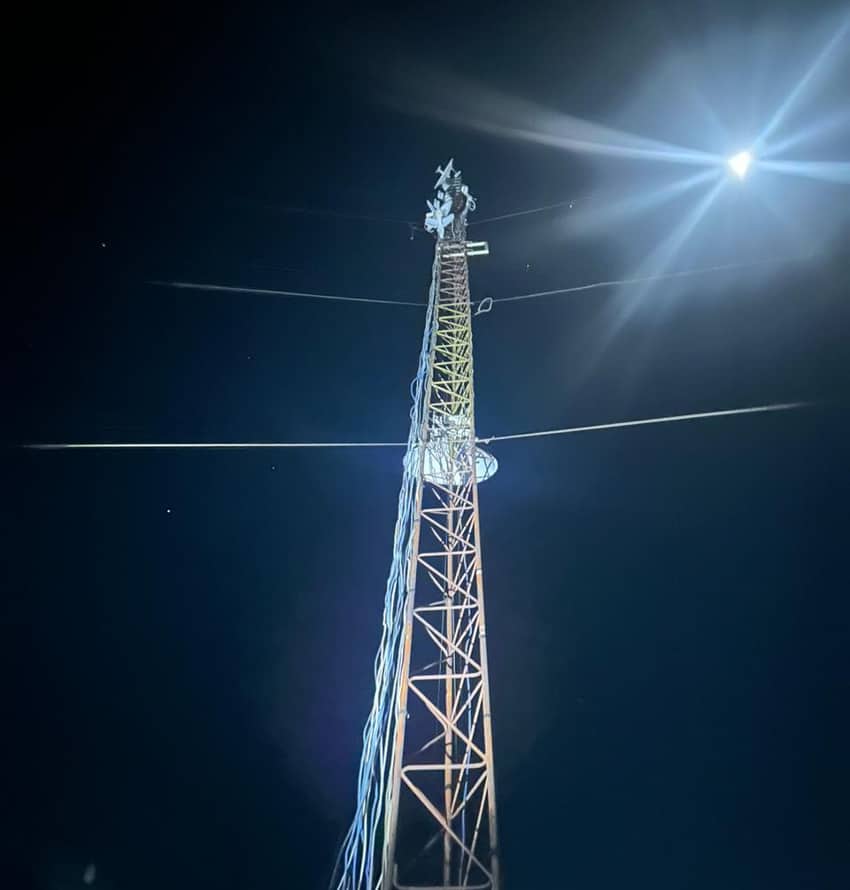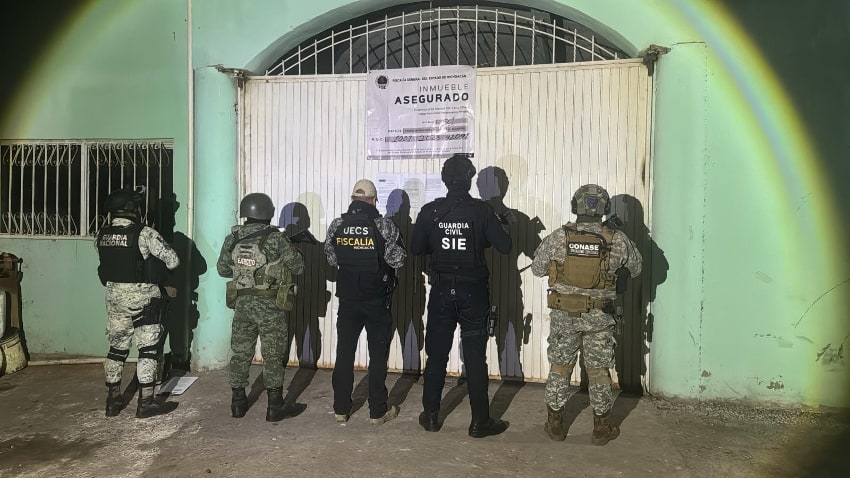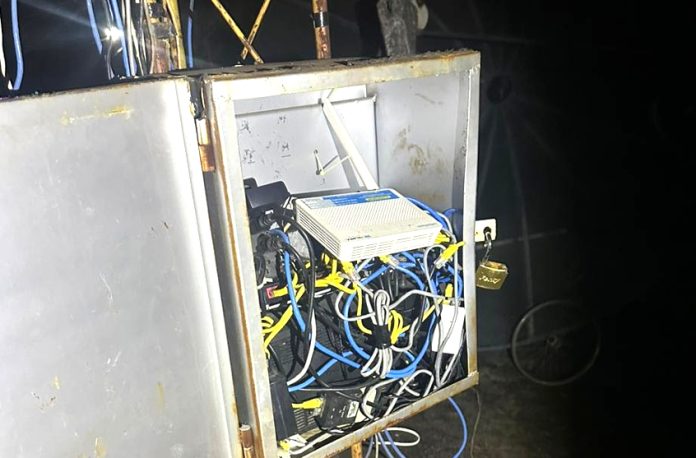A criminal group threatened to kill residents of the notoriously violent Tierra Caliente region of Michoacán if they didn’t pay to use the makeshift internet service it set up, according to the state Attorney General’s Office (FGE).
The FGE said in a statement last Friday that police had acted on three search warrants and seized antennas and “internet connection equipment” that a criminal group allegedly use to provide internet service in towns in the municipalities of Apatzingán and Buenavista. It also said that one person was arrested at one of the properties raided by police.

Media reports have identified the criminal group as Los Viagras, which was described by former Michoacán Governor Silvano Aureoles as “the most bloodthirsty and dangerous” cartel operating in the state.
The FGE said that criminals forced residents of two towns in Apatzingán and one in Buenavista to contract internet services at “excessive costs” and threatened to kill them if they didn’t.
“After those threats, the residents made monthly extortion payments,” said the Attorney General’s Office, which didn’t report any associated murders.
The FGE told the Associated Press that the criminal group charged approximately 5,000 people between 400 and 500 pesos (about US $25-30) per month for the internet service it provided. Revenue would have thus totaled between 2 million and 2.5 million pesos (about US $117,000-$147,000) per month.
The internet equipment the criminal group used to provide Wi-Fi services, including what media have dubbed “narco-antennas,” were allegedly stolen.
Photos showed that some of the equipment had labels of the company Telmex, a major Mexican internet provider owned by billionaire businessman Carlos Slim.
AP reported that “Mexican cartels have long employed a shadow network of radio towers and makeshift internet to communicate within criminal organizations and dodge authorities.”

Los Viagras’ apparent use of its improvised internet service to extort residents is another example of the diversification of crime groups in Mexico, which in addition to the trafficking of drugs are involved in illicit activities such as petroleum theft and extortion, and legal ones such as mining, logging, avocados and even the distribution of beer and soft drinks.
Falko Ernst, Mexico analyst for International Crisis Group, told AP that Mexico’s approximately 200 armed criminal groups are “becoming de facto monopolists of certain services and other legal markets.”
He said that cartels have effectively created “fiefdoms” in areas of the country under their control, and noted that some charge taxes on basic foods and imported products.
“It’s really become sort of like an all around game for them. And it’s not specific to any particular good or market any more. It’s become about holding territory through violence,” Ernst told AP. “It’s not solely about drugs any more,” he added.
